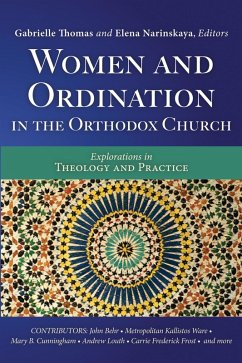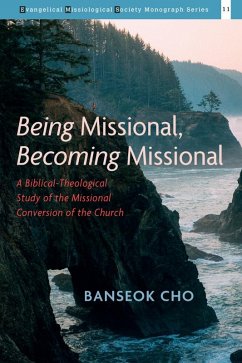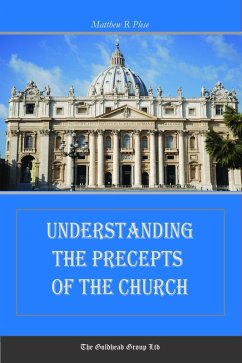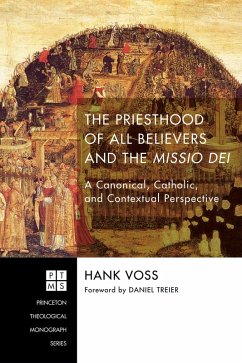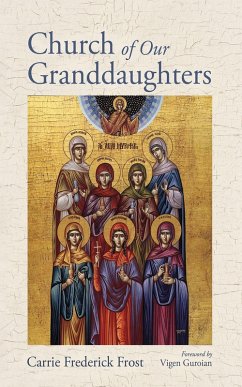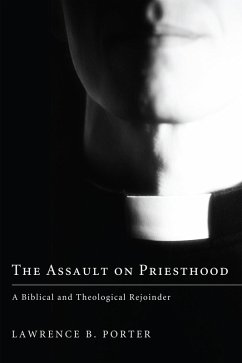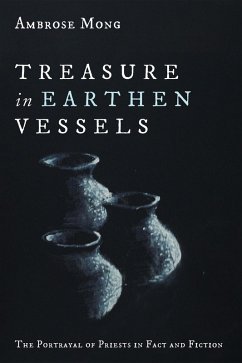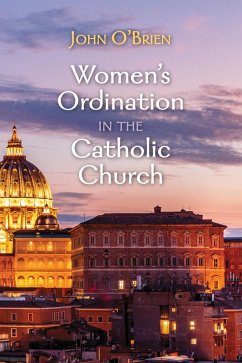
Women's Ordination in the Catholic Church (eBook, ePUB)
Versandkostenfrei!
Sofort per Download lieferbar
14,95 €
inkl. MwSt.
Weitere Ausgaben:

PAYBACK Punkte
7 °P sammeln!
Women's Ordination in the Catholic Church argues that women can be validly ordained to ministerial office. O'Brien shows that claims by Roman dicasteries for an unbroken chain of authoritative tradition on the non-ordainability of women--a novel rather than traditional argument--are not historically supported. In the primitive Church, with the offices of deacon, presbyter, and bishop in process of development, women exercised ministries later understood as pertaining to those offices. The sub-apostolic period downplayed women's ministry for reasons of cultural adaptation, not because it was th...
Women's Ordination in the Catholic Church argues that women can be validly ordained to ministerial office. O'Brien shows that claims by Roman dicasteries for an unbroken chain of authoritative tradition on the non-ordainability of women--a novel rather than traditional argument--are not historically supported. In the primitive Church, with the offices of deacon, presbyter, and bishop in process of development, women exercised ministries later understood as pertaining to those offices. The sub-apostolic period downplayed women's ministry for reasons of cultural adaptation, not because it was thought that fidelity to Christ required it. Furthermore, extensive epigraphical evidence, from a wide geographical area, references women deacons and presbyters during the first millennium. Restrictive developments in the concept of ordination from the twelfth century onwards do not negate how, before that, women were validly ordained according to contemporary ecclesial understanding. Repeated canonical prohibitions on ordaining women show both that women were being ordained and how those bans were very selectively implemented. These canons were a cultural practice in search of a theology, and the subsequent theological justifications for restricting ordination to men appealed to supposed female inferiority against the background of priesthood as eminence rather than service. O'Brien shows that the assertion of women's non-ordainability is a matter of canon law rather than doctrine. As such, that law can be reformed.
Dieser Download kann aus rechtlichen Gründen nur mit Rechnungsadresse in A, D ausgeliefert werden.




